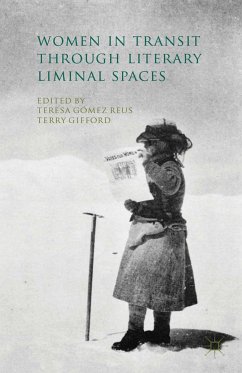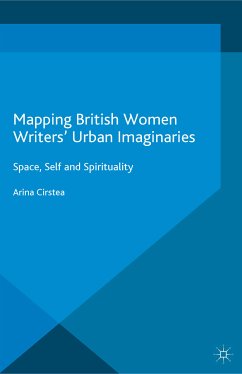Two developments during the modernist period - the consolidation of psychiatry as a medical speciality and the emergence of psychoanalysis - affected the representation of madness in literature. They also influenced the ways psychic distress was experienced, narrated, and understood. Literature and criticism in turn affected the formation of the modern psychological self. Presenting detailed readings of both canonical and non-canonical modernists like Virginia Woolf and Emily Holmes Coleman, this book argues that modernist madness can be understood as experience, clinical discourse and cultural representation.
Dieser Download kann aus rechtlichen Gründen nur mit Rechnungsadresse in A, B, BG, CY, CZ, D, DK, EW, E, FIN, F, GR, HR, H, IRL, I, LT, L, LR, M, NL, PL, P, R, S, SLO, SK ausgeliefert werden.









